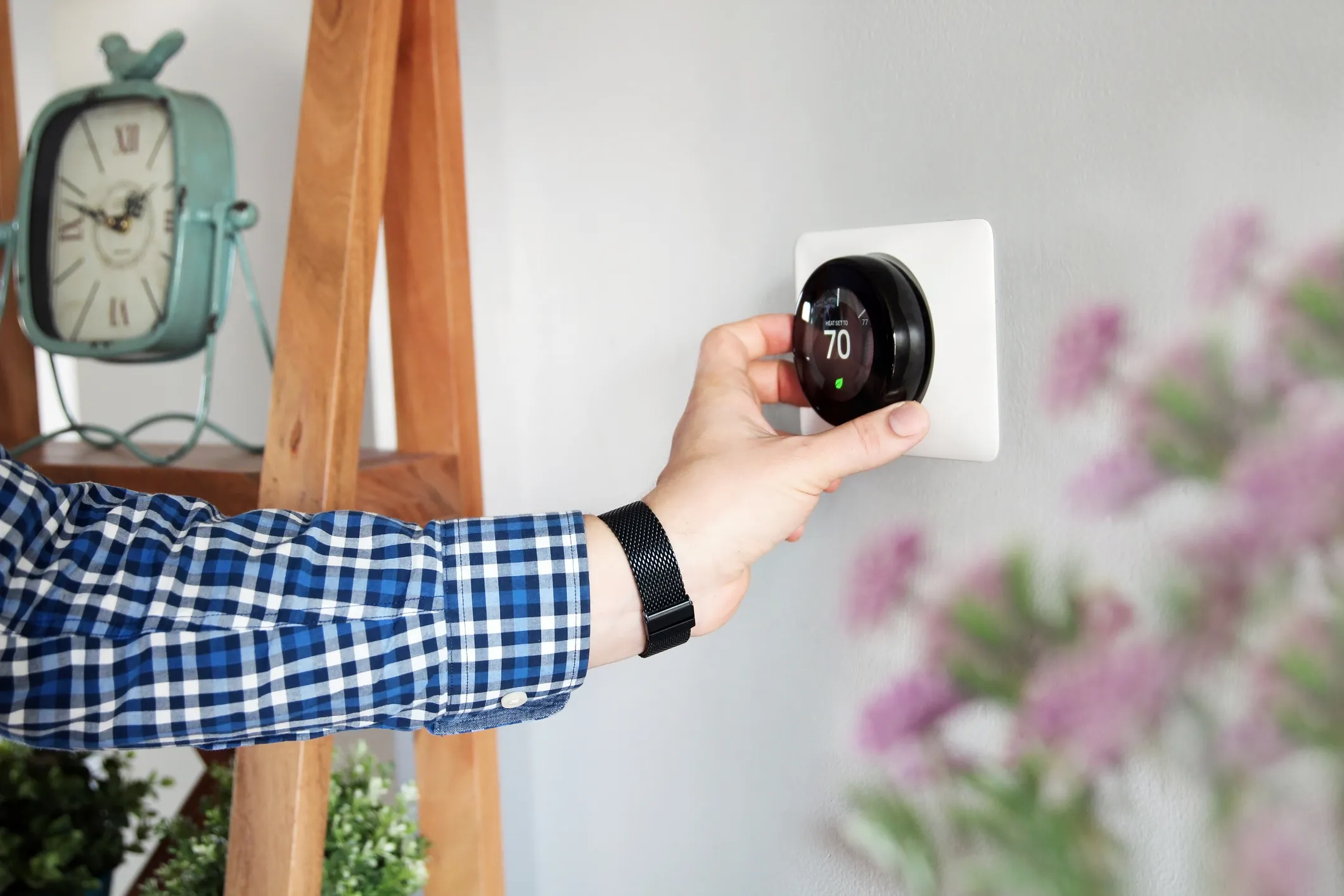Heating vs. Cooling: What Costs More
Have you noticed how your energy bills increase when you’re struggling to keep cool in the blazing summer heat or warm during winter’s coldest nights? This constant battle has made many homeowners try to learn for themselves whether heating or cooling their home costs more?
The answer isn’t straightforward, as it hinges on a few things. Take the time to learn about each one to help you determine whether your bills will be higher in the summer or the winter. Then, consider our tips to keep your utility costs down throughout the year.
What Type of HVAC System Is Installed?
The specific system you use to cool and heat your home influences your total costs. Designs include the traditional furnace and air conditioner combo to a modern heat pump or ductless mini-split. Older, less efficient systems tend to have higher operating costs, while today’s models offer higher efficiency.
At the point your existing HVAC unit is more than 10 years old and you’re ready for higher savings, consider upgrading to a high-efficiency HVAC system. The perfect option for you relies on your home’s size and layout, your local climate, and whether your home has existing ductwork.
Your Choice of Fuel for Heating and Cooling: Impact on Costs
The cost of heating and cooling two different homes may vary significantly based on their fuel sources. In many areas, natural gas is more affordable than electricity, making gas furnaces more cost-effective than electric air conditioners.
On that note, electric furnaces are notoriously expensive to run. If electricity is your primary or favored choice, a heat pump is a more economical choice. This system offers both heating and cooling capabilities at a lesser expense than traditional electric furnaces or space heaters.
Considering Solar Panels for Economical Heating and Cooling?
Adding solar panels can dramatically offset electricity costs, making them a wise financial decision for many homeowners. Solar panels are especially useful for homes with primarily electric HVAC systems, like heat pumps or electric furnaces and air conditioners, using the sun’s free energy to power these systems.
Of course, solar energy isn’t going to have an impact on the costs related to natural gas or other fossil fuels. So in this kind of situation, heating with a gas-fired furnace is more expensive than cooling with an electric AC.
How Does Your Local Climate Affect Heating and Cooling Costs?
The highs and lows of your climate is one of the most important factors affecting heating and cooling costs. As a rule of thumb, the greater the temperature difference between inside and outdoors, the more energy is required to maintain comfortable temperatures.
As a result, cooling costs typically exceed heating costs in warmer southern climates, where the need to combat high outdoor temperatures is higher. On the other hand, annual heating costs far exceed cooling costs in northern climates with harsh winters, reflecting the energy needed to keep the home warm no matter how cold it gets.
How Do You Set Your Thermostat?
Your thermostat settings have a direct effect on what you pay for heating and cooling. Preferences differ; some keep their homes warmer, leading to higher heating costs, while others prefer cooler temperatures, increasing cooling costs. Set your thermostat lower for winter and higher in the summer, and then wear season-appropriate clothing to stay comfortable while reducing energy use. A smart thermostat can adjust your home’s temperature on its own, lowering your overall expenses.
What Does Your Landscaping Look Like?
You may not consider it initially, but the plants and landscaping around your home significantly affects home temperatures. Plants that shade your house reduce cooling costs in the summer but can similarly shield you from warming sunlight in the winter. Conversely, total exposure on your property leads to more costly cooling expenses and generally smaller heating bills.
Want to optimize both? Add a few deciduous trees on your home’s south and west sides. This generates summertime shade while allowing the sunlight to filter through in the winter once the trees have shed their leaves.
What Direction Does Your Home Face?
Even the direction of your home impacts its sun exposure, in turn influencing heating and cooling needs. Homes with significant southern exposure have access to more sunlight, making them simpler to keep warm in the winter but potentially harder to cool in the summer. Homes facing north, meanwhile, get less direct sunlight, staying cooler in the summer but requiring more heat each winter.
Custom HVAC Solutions for Every Homeowner
Every homeowner’s situation is unique. That’s why Enercare A1 Chesney offers tailored HVAC solutions to maximize comfort and efficiency. Our quick and affordable services and repairs are designed to address all your comfort problems. So, if you want to lower your heating and cooling costs without compromising comfort, contact Enercare A1 Chesney for tailored assistance.



